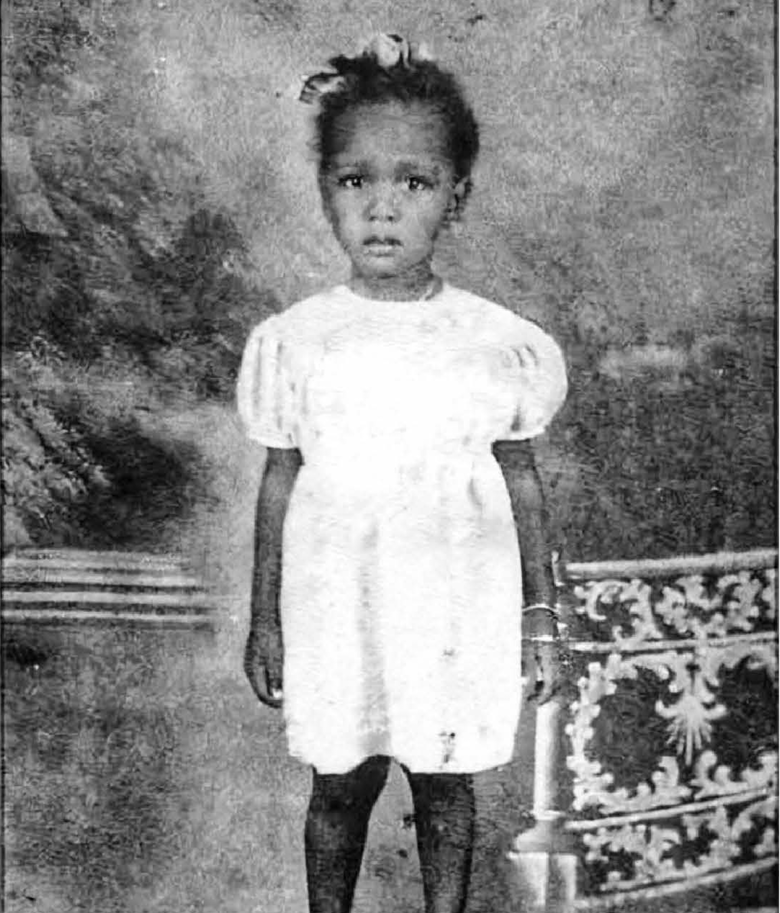
Buds that flower on the vanilla vines in the morning must be pollinated before dusk by human hands, or they will wilt and die and drop to the rain-mudded ground of this slash in a hillside overlooking the sea. Tobisoa, his small fingers perfect for the task, uses a toothpick to lift the rostellum, then presses the exposed anther against the stigma.
He does not know these words. He does not know this land lacks the proper kind of bee, that this technique was discovered almost two centuries ago by a French slave named Edmond Albius at the age of 12, three years older than Tobisoa is now. But Tobisoa knows what he must do, and goes from flower to flower to finish his work before the shadows of the vine poles begin to fall eastward.
***
Months later, after being soaked in hot water, wrapped in woolen blankets, sweated in wooden boxes, dried in direct sunlight, seeds will become vanilla beans, flush with the rich flavor of the region. A young man will arrive on a motorbike and pay Tobisoa’s mother 30 ariary by the kilo. Tobisoa will watch him roar away, churning up dust along the rutted road toward Bemalamatra.
***
At supper, Tobisoa’s mother tells him again she wants him to be educated, to have a better life. But money must not rot in the mud. The next morning, Tobisoa gets his toothpick and starts over.
***
The season’s last flower blooms. The sun bleeds into dawn as Tobisoa presses the anther against the stigma. He still does not know these words.
His mother lets him ride his bicycle into Sambava. Coasting downhill, he lifts his legs from the pedals, up and out, like wings taking flight. A block off the 5A’s pavement, he leans his bicycle against a coconut tree next to a dirt side street. He can smell the sea’s sulfuric scent, hear its waves breaking on unseen sand. He watches tourists in market stalls buying trinkets and beach hats. A man sells ice cream from a cart. Tobisoa asks for a sample, his first taste of vanilla, on a tiny plastic spoon. A sweet cold that teases his tongue.
“Thank you,” Tobisoa says.
He gets on his bicycle and begins to pedal home. Sweat beads his forehead in the humid heat beneath the high-noon sun. He thinks of the climb into the hills, dreaming of motorbikes and sugar cones.
Scott Ragland has an MFA in Creative Writing (fiction) from UNC-Greensboro. Before taking a writing hiatus, he had several stories published, most notably in Writers’ Forum, Beloit Fiction Journal and The Quarterly. More recently, his work has appeared in apt, The Conium Review, NANO Fiction, Newfound Journal and Ambit, among others. He also has stories forthcoming in Fiction International and Zetetic: A Record of Unusual Inquiry. He lives in Carrboro, NC, with his wife and two dogs. His three kids have left the nest.
Photo courtesy of Flickr Creative Commons user Lian Chang.




